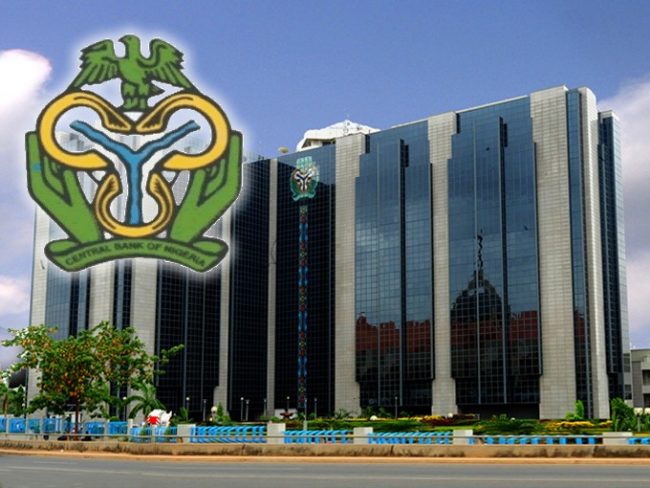The loans obtained by the information, communication and technology (ICT) firms from banks increased from N952.06bn in January 2022 to N982.87bn in March 2022, according to data from the Central Bank of Nigeria (CBN).
The CBN sectoral analysis of the credit report reveals that the loans were N952.06bn in January, N973.51bn in February, and N982.87bn in March. This increase emerged after a three-month decline between November 2021 and January 2022.
In January this year, the Governor of the CBN, Godwin Emefiele, said the banking sector would increase pass to finance and credit for households and businesses in 2022.
Emefiele said, “The policy focus of the bank for 2022 is with a pledge to sustain improved access to finance and credit for households and businesses, mobilise investment to boost domestic productivity, enable faster growth of non-oil exports, and support employment generating activities,” he said.
He noted that the country had been able to contain some of the effects of the COVID-19 pandemic on the economy.
He stressed the need for all stakeholders to work to build a more resilient economy that would be better able to contain external shocks while supporting growth and wealth creation in key sectors of our economy. According to him, a major lesson from the COVID-19 pandemic is that deliberate efforts must be made to diversify the base of the Nigerian economy.
“Proactive steps on the part of stakeholders in the private sector, in collaboration with the government in supporting the growth of sectors such as manufacturing, ICT, and infrastructure, will strengthen our ability to deal with the challenges of COVID-19, and stimulate further growth of our economy,” he added.
Speaking on the need to build an efficient infrastructure ecosystem in Nigeria and the role of improved infrastructure in the development of the Nigerian economy, he disclosed that all necessary approvals had been obtained for the full commencement of the Infrastructure Corporation in early 2022.
In December last year, the Nigerian Communications Commission blamed inadequate ICT infrastructure, cost of deployment and challenge of electricity for the low level of ICT adoption and usage in the rural areas.
The Executive Vice Chairman and Chief Executive Officer, NCC, Prof Umar Danbatta, in a keynote presentation at the 2021 national conference of the Nigerian Society of Engineers in Abuja, said the commission hoped to see infrastructure companies boost ICT infrastructure across local government areas in the next five months, adding that the NCC would take stringent regulatory decisions against infractions if they were unable to meet up to the task of bridging the infrastructure deficit.
Also, the Federal Government said in its ‘Nigeria Medium-Term National Development Plan 2021-2025: Volume II’ that it plans to increase the contribution of the ICT sector to Gross Domestic Product from 14 per cent to 30 per cent by 2025.













